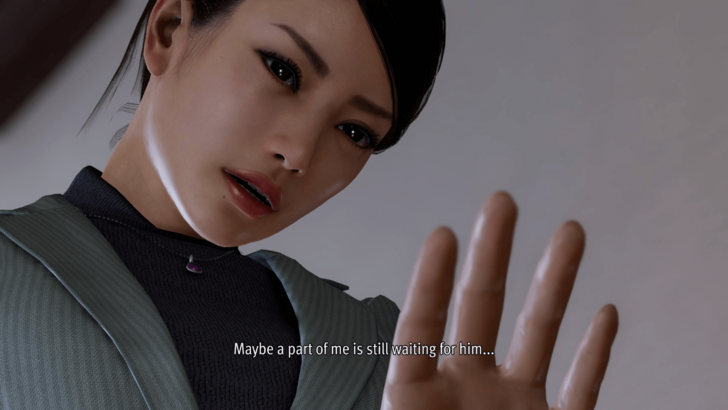The Yakuza/Like a Dragon series, while expanding its appeal to younger and female players, will remain centered on the experiences of middle-aged men. This commitment to its core identity was reaffirmed by the developers.

Middle-Aged Men and Their Stories
The series' director, Ryosuke Horii, acknowledges the increased female and younger fanbase, but insists the series won't alter its focus to cater to this demographic. The charm, Horii and lead planner Hirotaka Chiba explain, lies in the relatable struggles and everyday experiences of middle-aged men, mirroring the developers' own lives. This authenticity, they believe, is key to the series' originality.

From Ichiban Kasuga's love of Dragon Quest to his complaints about back pain, these relatable issues resonate with players. The realistic portrayal of these ordinary people, Horii argues, creates an immersive experience. This sentiment was echoed by series creator Toshihiro Nagoshi in a 2016 interview, where he noted the surprising increase in female players while reaffirming the game's core design for a male audience.

Criticism and Female Representation
Despite the developers' intentions, the series has faced criticism regarding its portrayal of women. Some fans argue that female characters are often relegated to stereotypical supporting roles or are sexualized. This concern is highlighted by the limited number of female party members and the often suggestive or inappropriate comments made by male characters towards them. While acknowledging some progress, concerns remain about the persistence of sexist tropes. Chiba, in a recent interview, even jokingly alluded to the continuation of this dynamic.

Progress and Future Outlook
Although the series has faced criticism, recent installments show a degree of progress towards more inclusive representation. Games like Like a Dragon: Infinite Wealth have received positive reviews, lauded for their appeal to long-time fans while charting a new course for the future of the franchise. However, the ongoing debate regarding female representation within the series remains a point of contention.










